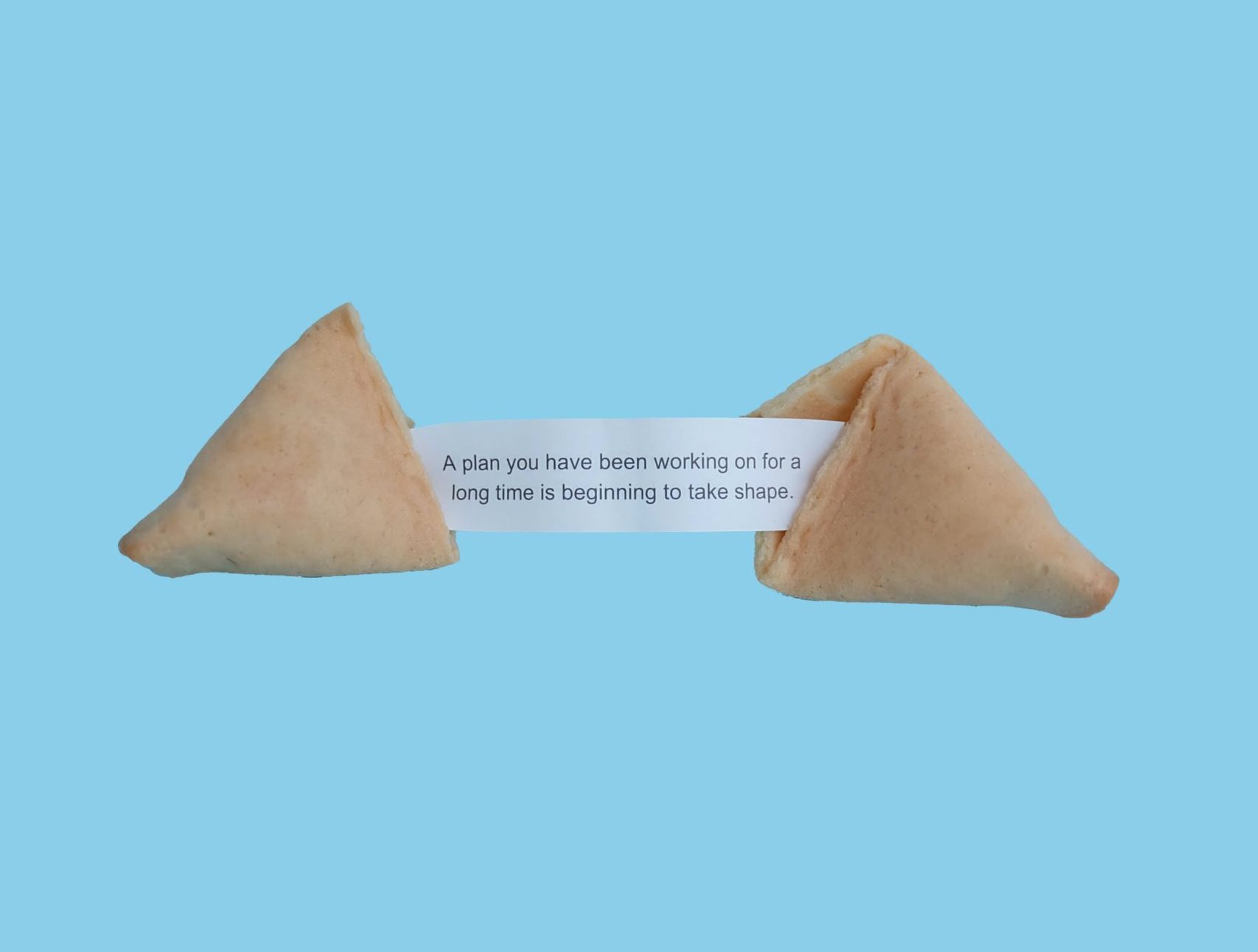Wouldn’t it be great if you could download new behaviors into your brain, like a program and make yourself more productive, error-free and focused?
It turns out that we have an app for that. It is called habit. Good habits can help broadcasters and podcasters to do a better show.
Habit is like software. A habit automates your behavior, so it becomes second nature. Most of what we do is habit. There are good habits and bad habits, so program yourself carefully.
Forming a habit is not as easy as it sounds. The most difficult part of forming a habit is getting started.
Begin programming your new habit with a tiny first step. The smaller the better.
Want to exercise more? Set your workout clothes by your bed.
Want to eat healthier? Start with one carrot in your daily lunch bag.
Many people go big on a new habit and the disruption in their existing routines is so uncomfortable that they quit and go back to doing it the way they were doing it before.
We coach media talent to start with tiny steps. For instance, broadcasters can retain more audience by opening a segment with a powerful hook headline first and following with mechanics like call letters, name of the show and etc.
For many, that old-school habit of call letters first is tough to break. We begin by changing just one segment per hour.
Within a few days, the host gets in the new groove and adds the headline-first change to a second segment, then a third until they have changed the whole show — for the better.
Once you have taken that tiny step repeat it every day for a month to a month-and-a-half, expand on it a little at a time and voila! You have got yourself a new habit.
Important tip: You can’t learn to not do something You must learn to do something else.
For instance, it is very difficult to stop using filler words and phrases – like “um,” “to be honest” and “like.” Instead, practice pausing more, and get comfortable with short silences as you choose your next words.
Another important tip: Physicality helps you form habits faster. As you practice pausing to avoid using filler words, add body language, facial expressions, eye contact and movement to make the pausing more impactful while simultaneously setting that new habit in stone.
Your tiny step into a new habit is based on stimulus and response. Remember the experiment with Pavlov’s dog in science class? Your small, specific action is a stimulus, like the bell ringing before the dog in the experiment received food.
That stimulus quickly becomes tied to a brain response and becomes second nature. The next time you drive your car, notice your routine. Open door, sit, seatbelt on, start engine, check mirror, put in gear. You likely do it in the same order every time. Remember when you were learning to drive? Nothing was automatic the first time you took the wheel, and look at you go now.
Try it. What is one small step can you take today that will lead you to a productive new habit tomorrow?

